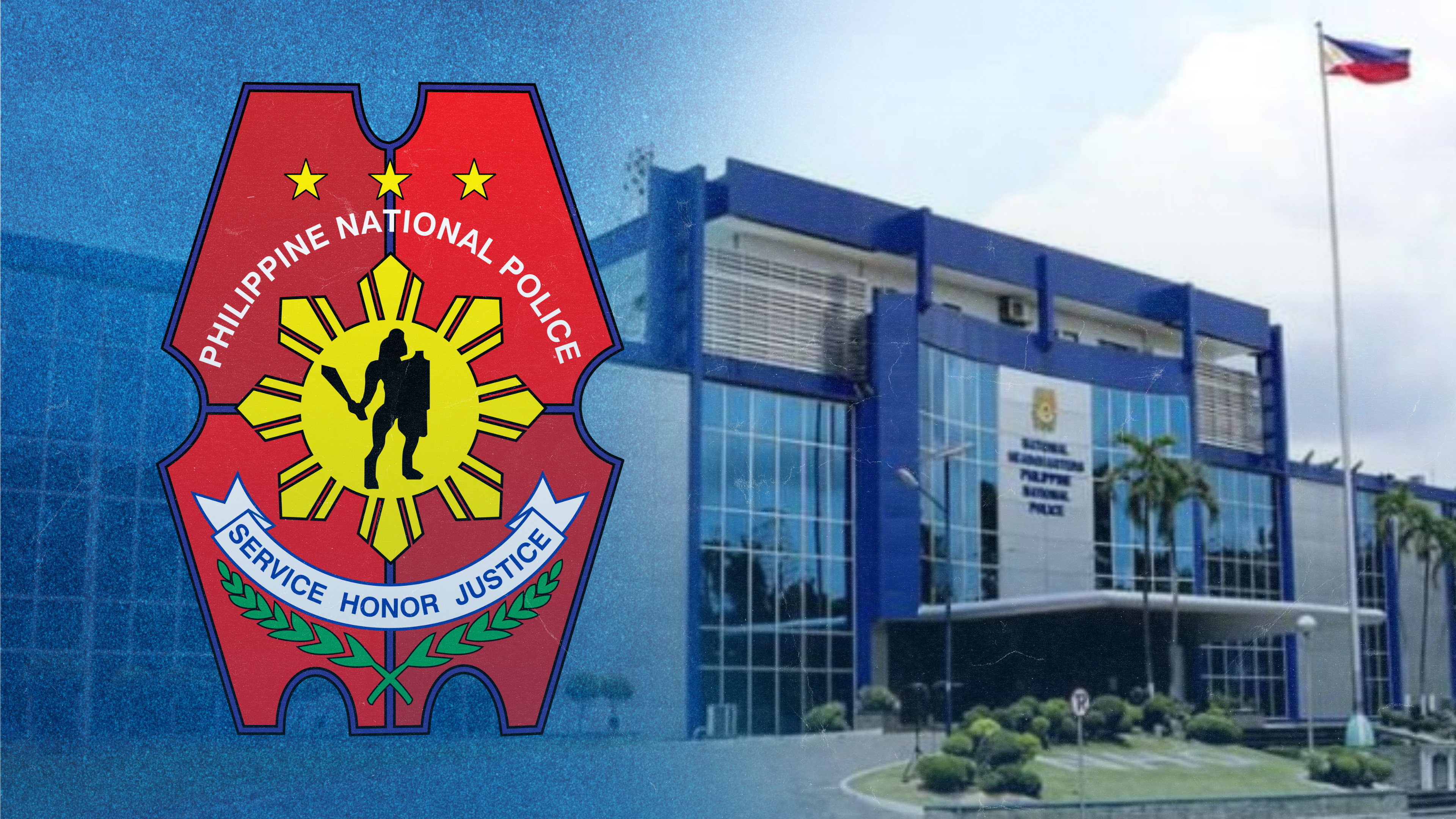Marcos vetoes PNP restructuring bill
MANILA, Philippines — President Ferdinand Marcos Jr. has vetoed the Philippine National Police (PNP) restructuring bill due to several concerns, including a possible mismatch of pay grades for police cadets compared with those under the military and other uniformed personnel (MUP).
In his veto statement dated July 5, Marcos said he lauds the intentions of the bill as it would modernize the PNP, “bolster its capabilities, and fully equip the organization.”
However, the President said there is a need to ensure that the proposed measure will deliver reforms instead of causing confusion and going against existing policies and regulations.
“First, this bill introduces desirable reforms to the PNP, starting with the initiative to elevate the status of Philippine National Police Academy (PNPA) Cadets to that of Police Cadets with entry-level remuneration equivalent to Salary Grade 21, thereby ensuring their status as government employees with corresponding benefits and emoluments,” Marcos said.
“Yet, the grant of remuneration to a particular class of government personnel should not cause pay distortion and disparity in relation to equivalent counterparts. Nor should the grant introduce a disproportion in the hierarchy of remuneration within the organization. Indeed, the grant of Salary Grade 21 to PNPA Cadets will distort the base pay schedule of the [MUP] by creating disparity among the several government cadetship programs,” he explained.
Marcos also noted that the bill goes against the government’s rightsizing program as there may be different offices performing the same functions.
“Second, the rightsizing policy of the government must be given significant importance. As much as possible, we need to prevent overlapping functions and redundancies, and must adhere to the basic rightsizing principles. Yet, the bill aims to institutionalize the Directorial Staffs, Area Police Commands (APCs), Special Offices, and Support Units,” he said.
“The reorganization established under the bill does not consider the functional relationships of the different offices and fails to clarify reporting lines. Different offices performing the same or related functions, all headed by high-ranking officials, will definitely be counterproductive and will defeat the purpose of enhancing the span of supervision and administrative control of the PNP Chief,” he added.
Marcos also said the proposed liaison offices — one for the Office of the President (OP) and another for the Department of the Interior and Local Government (DILG) — would not only “run counter” to rightsizing but may also “pose security and confidentiality risks to the OP.”
“The PNP being civilian in nature is already under the supervision of the DILG Secretary, who is the Chairman of the National Police Commission (NAPOLCOM) and who acts as an alter-ego of the President,” the chief executive explained.
“Given this, the President or the DILG Secretary, or their duly authorized representatives, can directly communicate and coordinate with the Office of the Chief PNP. Creating two separate liaison offices that will each be headed by a Police Brigadier General is plainly unwarranted,” he added.
With the veto, the bill will be brought back to Congress for possible amendments.
However, the resubmission to the President would have to wait until at least July 22, when the 19th Congress opens its third regular session.
Last March 19, the House ratified the bicameral conference committee report on the conflicting provisions of the Senate and House bills seeking to restructure the PNP. With the House’s ratification, the bill was sent for Marcos’ approval.
READ: PNP restructuring bill up for Marcos’ signature
Senator Ronald dela Rosa, a former PNP chief, said the bicam panel agreed to use the Senate version of the bill as the working draft.
Dela Rosa also noted that the following issues were threshed out by the bicam panel:
- As part of the mandate of the Philippine National Police Academy, the PNPA shall recruit cadets from all provinces in the country
- To maximize the technical expertise of PNP officers who joined the service through lateral entry, technical officers shall be authorized to be assigned to positions related to their technical expertise outside of the office or unit where they were accepted
- Coinciding with the National Women’s Month celebration, the National Administrative Support Unit Women and Children Protection Group shall be headed by a female director with the rank of Police Brigadier General
